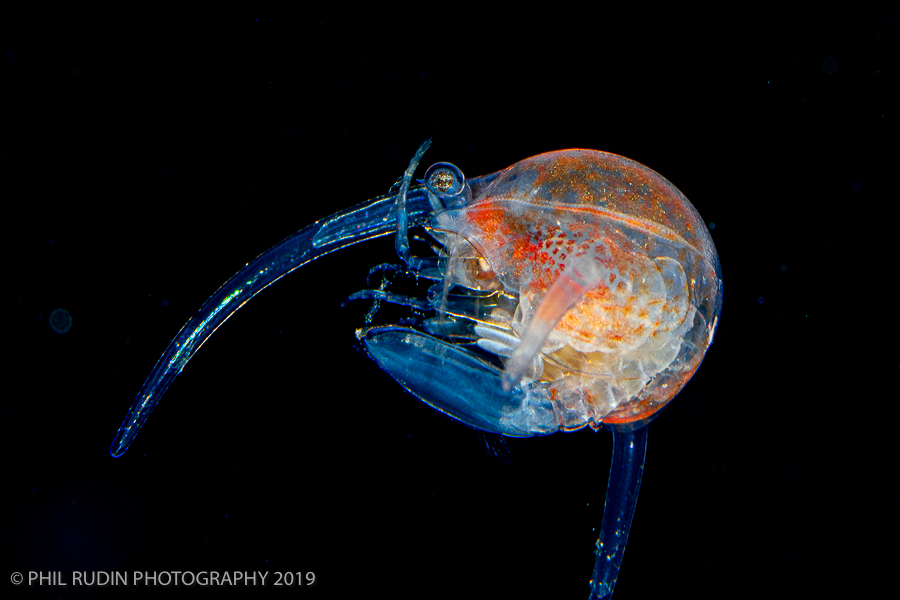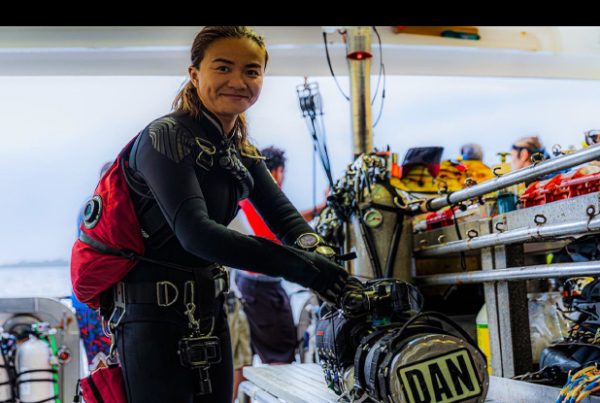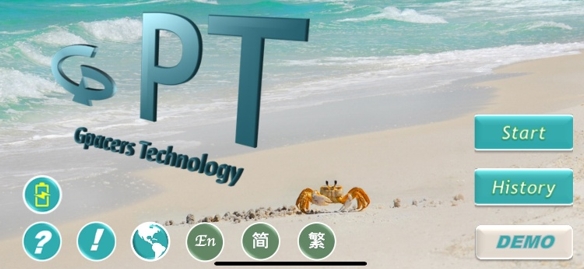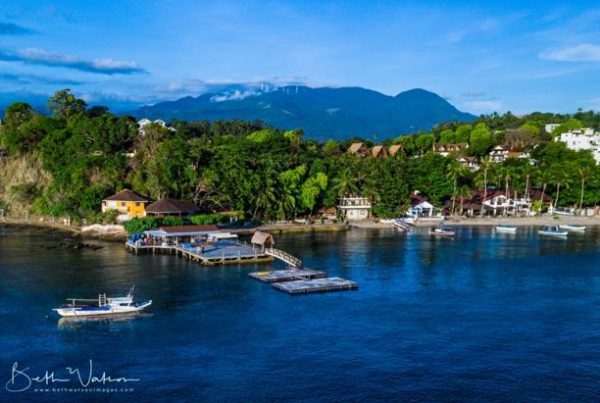As you scroll down The Atlantic’s result of the 2018 Underwater Photographer of the Year Contest, there is a blackwater photo by Songda Cai of a transparent, bioluminescent conger eel coiling like a spring, darting its eyes upon a lone crustacean.
Some people may think that an underwater robot took this amazing photo at mysterious depths where divers can’t ever possibly go. But this photo was taken manually by a person. Underwater photographers such as Songda Cai can achieve this effect while blackwater diving in the Philippines.
What is Blackwater Diving?
Blackwater diving is similar to night diving. The only difference is that blackwater diving takes place over deep-sea channels or far from the coast, while night diving takes place on shallower water near coral reefs.
In the vast dark void, you can come across many beautiful sightings, often to many beginners’ surprise. As you dive in blackwater, you get to witness a daily vertical migration where pelagic planktons and larvae rise to shallower depths to feed on surface algae. This attracts larger creatures such as tunas, swordfish, cephalopods, and even whales.
What’s even more exciting is that the extremely limited amount of light allows you to spot a few bioluminescent creatures that are only detectable in the dark. This would give you plenty of challenges for underwater photography.
Where are some of the best spots for blackwater diving in the Philippines?
If you ask any seasoned blackwater diver, two locations in the Philippines come to mind: Anilao and Romblon. In these places, you get to see rare pelagic seahorses. Seahorses typically stay within the reef boundaries, but not these ones!
Asia Divers is quite close to another location offering an equally spectacular collection of nocturnal marine animals – The Verde Island Passage. Here you get to see the bioluminescent comb jellyfish, colonies of pyrosomes, and blanket octopuses. You don’t get to see these in the reefs directly in front of Asia Divers and El Galleon Dive Resort!
What are the advantages of blackwater diving?
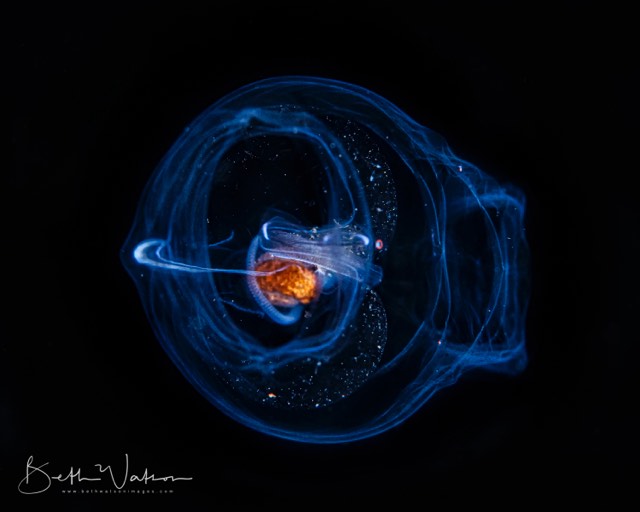
Photo by Beth Watson
1. You can test your courage of facing the unknown
Remember your first-night diving experience? We can imagine that it felt exhilarating; the feeling of conquering the underwater world at night adds to your personal list of things people wouldn’t do, but you can.
But blackwater diving is a completely different thing altogether. The reefs and colorful corals provide ample reference points for you, even as you navigate in the near dark. When you dive in blackwater for the first time, you will have an eerie feeling of sensory deprivation since you can’t find a reference point anywhere around you.
You’ll instantly feel the need to trust your dive group more than ever as they are one of the few reference lights that are comforting your eyes. Another source of light comes from a modified rope with a buoy that also attracts tiny organisms to swim towards it.
After a while, you will feel that comfort begins to settle into your mind as you feel safe even in such an environment. The transformation from fear to acceptance is something that is quite familiar to divers.
2. You’ll find sea creatures you’ve never seen before
Even if you cross paths with only familiar animals in the blackwater, you’ll notice something different about them.
Under a new light, their behavior will be unlike anything you’d expect. For instance, you might see cuttlefish taking advantage of their dark environment to rapidly change their pigments – making multicolored moving ribbon patterns across their body.
Pelagic squids seem to fly over you like in outer space and bioluminescent zooplankton becomes prey to fluorescent eels and sea snakes. Some vulnerable larval lobsters are translucent while bright-colored pufferfish and boxfish contrast against the pitch-black background.
3. You get to test your underwater photography skills
All these sea creatures look amazing and you definitely want to take photos to preserve them forever on film.
The challenges of underwater photography in blackwater are twofold. Firstly, you need to maintain neutral buoyancy while slowly approaching your subjects, being careful not to stir or push them away from you. Secondly, you need to know the precise camera settings for blackwater photography.
Underwater photographer Mike Bartick has a few suggestions to share. He advises higher ISO values (360-600 for DSLR), higher F-stops (f/18 – f/25), and a middle-low shutter speed of 1/200 sec.
“I prefer higher ISO so that I can push my F-stop higher while using a lower strobe power. This allows my strobes to recycle faster for repeat exposures. If the subject is shiny, quickly increase your F-stop to reduce over-exposures. If the subject is a little further away, open your F-stop” – Mike Bartick.
For more insight related to underwater photography, visit his website at saltwaterphoto.com.
A few things to remember for safe blackwater diving
Remember to stay close to your group and follow your dive instructor. Pay attention to hand signals and how to deliver them with a flashlight. It’s best not to use a diver propulsion vehicle as the engine noise may scare away animals or disturb feeding behavior. Likewise, don’t bring any food to feed the animals.
Dive with Asia Divers
If you’re interested in blackwater diving with us, check out our dedicated blackwater diving page. Make sure that you’ve received basic formal training before taking our PADI specialty courses, which includes night diving and underwater photography.


